Studies on phytoconstituents from medicinal plants have experienced a great deal of changes during the least century, not only regarding the number f compounds described, but also in the concept of action and mechanism of phytoconsituents itself. Since the drug discovery process increasingly requires the availability of large number of compounds chemicals in nature offers a valuable source, for example, secondary metabolites, previously regarded as waste products are now recognized for their resistant activity against diseases and pests. Based on this rationale the present volume provides 26 research and review articles contributed by the eminent scientists form far and wide including Canada, china, India, Japan, Mexico, Morocco, Nigeria, Slovak Republic, Spain and USA with a view to bring the scientific data to the attention of international scientific community.
Some of the important 19 medicinal plants (Astragalus, Cimiciguga, Cinnamomum tamala, Curcuma longa, Diospyros Kaki, Ficus Benghalensis, Ficus Exasperata, Lablab Purpreus, Lagenaria Breviflora, Lepidium Meyenil, Mentha Piperita, Peltigera Canina, Piper Longum, Rhodiola Rosea,Sedum Praealtum, Solanum Villosum, Terminalia Chebula, Thalictrum, Vaccinium Macrocarpon) have been explored for bioactive compounds. Also new analytical methodoloties have been developed for their determination. The chapter on Natural bioactive cycloartane triterpenoids in plants has shown to possess unique structures and cellular mechanisms of action and might prove to have potential for medical applications in various diseases like anti-tumor, anti-virus, anti-bacterial, anti-inflammations, immune regulatory, cardiovascular system, nervous system and hepatoprotective effects. Reservatrol a natural phytoalexin has been presented as a potential new functional molecule for obesity and insulin resistance prevention. The review on Rhodiola rosea L provides an overvies of in vitro propagation methods coupled with highlighting the research efforts for various phenolic compounds. Microbes have an important niche in the pharma sector as they produce thousands of industrially important bioactive molecules including antimicrobials. Three chapters have been presented to identify novel inhibitors for microbial pathogens by the use of classical and modern techniques. Terminalia chebula showed bioactive compounds which kill various drug resistant microbial pathogens including methicillin resistant staphylococcus aureus. Pathogenesis related proteins showed an important role in plant responses to heavy metal stress. The phytochemicals from fruits and vegetables hold promising potential in the development of health foods, nutritional supplements and herbal medicines for the application as antioxidants and cancer chemopreventive agents. An attempt has been made to understand the universe of food quality and safety and need of paradigm shift is highlighted to provide a sustainable solution. Simultaneously, the chapter on modified atmospheric packaging has defined conditions that will create the optimum atmosphere inside the package best suited for extending shelf-life of a given produce with shortest possible time-period.
The findings presented would serve as basic material for further work in developing new phyto-therapeutics. The volume has been addressed to phytochemists, pharmacologists, microbiologists, biotechnologists, medical scientists and other researchers engaged in the search of natural products.

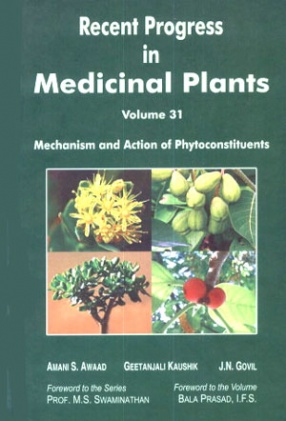
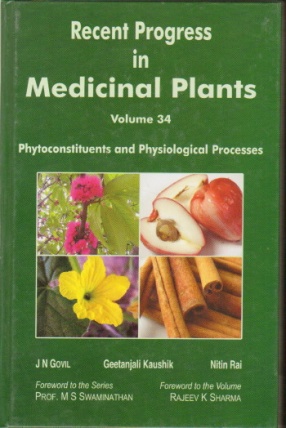

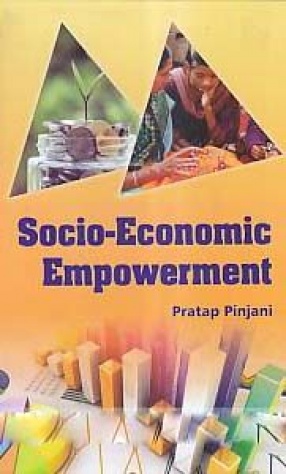
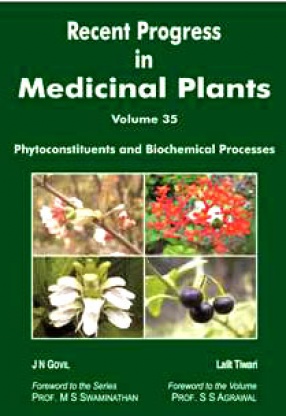
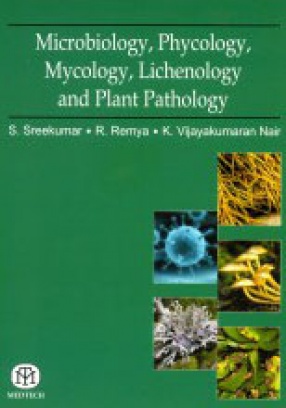


There are no reviews yet.